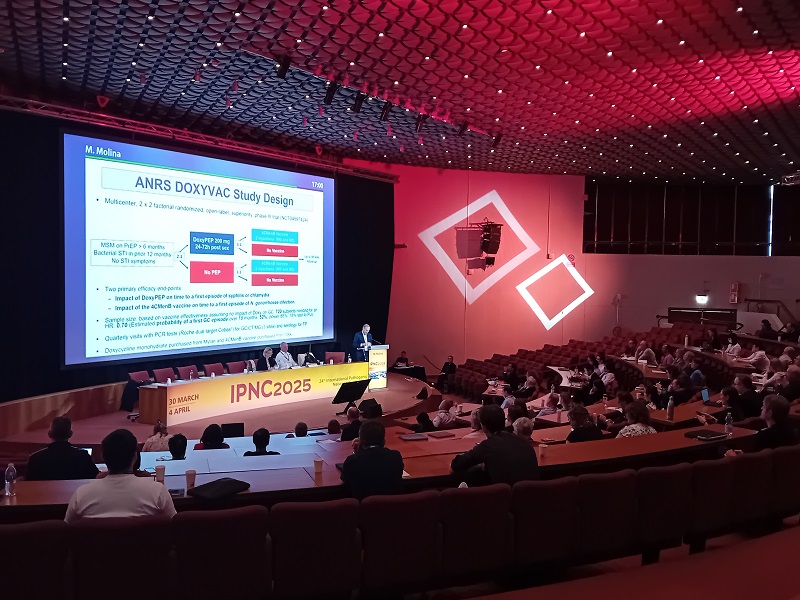For the first time in Italy, in Florence, the IPNC Congress (International Pathogenic Neisseria Conference) until April 4 at Palazzo dei Congressi

Florence, April 3rd, 2025. A great success at Palazzo dei Congressi for IPNC 2025 (International Pathogenic Neisseria Conference), which brings together the international scientific community regarding the latest studies and advanced research on the main bacterial infections causing serious debilitating diseases, and in some cases even fatal ones, such as meningitis, meningococcal sepsis and gonorrhea.
The congress, held for the first time in Italy, in Florence, thanks to the joint candidacy of Firenze Fiera and Destination Florence Foundation, welcomes over 300 delegates from more than 30 countries. Many delegates are young researchers who, since Sunday, March 30th, have gathered at Villa Vittoria to share their knowledge and expertise on the latest clinical advances in the field.
“We are very satisfied with the outcome of this event, now in its 24th edition, which is taking place for the first time in this prestigious venue,” said Prof. Rino Rappuoli, scientific director of Biotecnopolo Foundation of Siena and coordinator of the conference alongside Prof. Mariagrazia Pizza, professor of microbiology and co-director of the Centre of Bacterial Resistance Biology at Imperial College London, and Prof. Chiara Azzari, professor of Pediatrics at the University of Florence and head of the Pediatric Immunology Department at the Meyer University Hospital in Florence. “Our greatest dream? To definitively defeat meningitis, relying primarily on early diagnosis and increasingly safe and effective therapies and vaccines. The situation – Rappuoli concluded – is under control in Italy because vaccines have been in use for over ten years, protecting the population, and we are very proud of this”.
“We are heading in the right direction,” added Prof. Mariagrazia Pizza, “especially since the World Health Organization’s goal is to eradicate these terrible infections by 2030. In particular, meningitis, which has always affected the younger age groups (children and adolescents), tends to affect the most vulnerable and poorest populations, especially in Africa. But even there, we are making progress thanks to a vaccine specifically produced for the African strains, which is showing excellent results”.